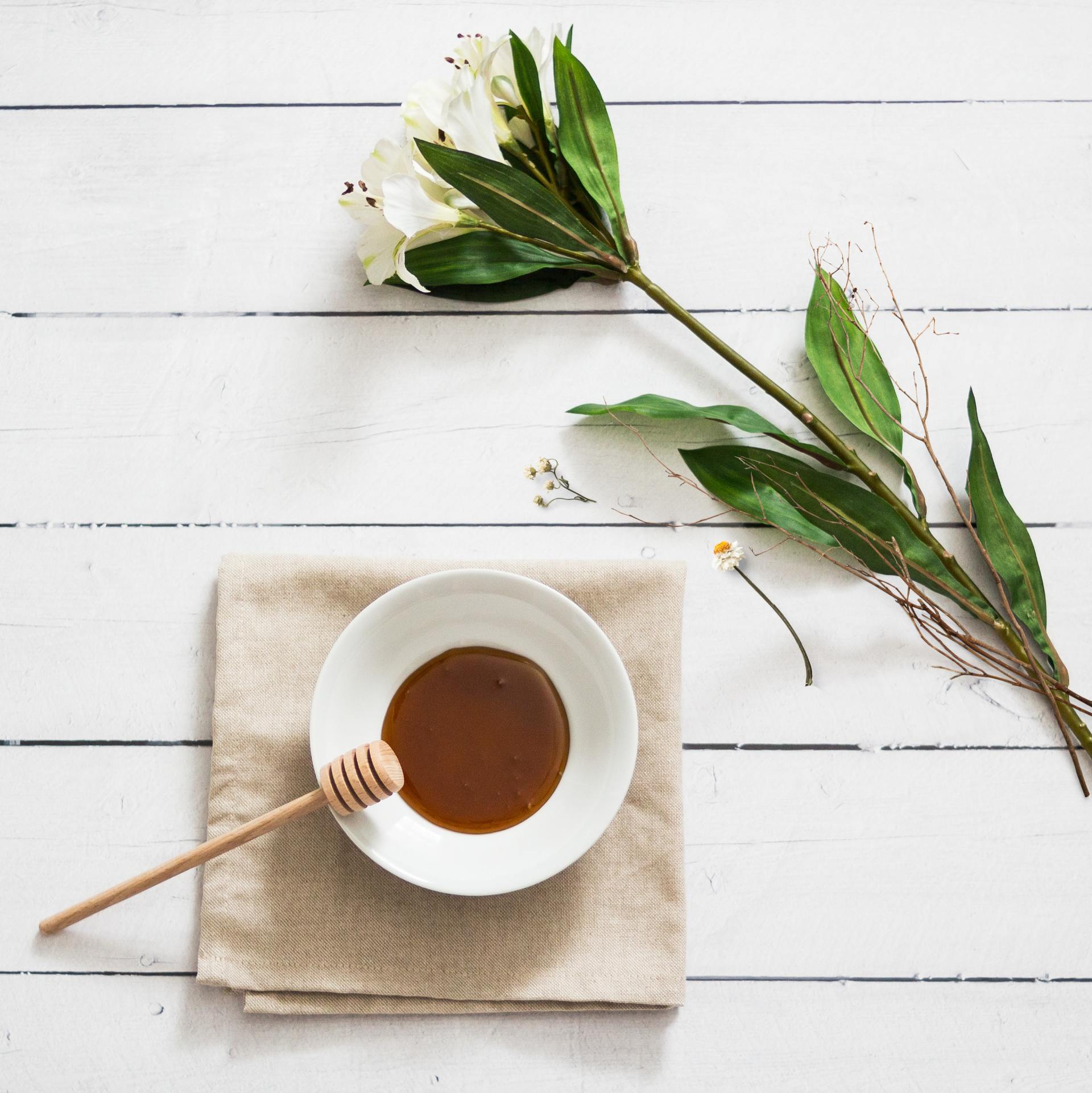Manuka (MβTK20+) ethereal oil
10ml 49.50 sgd / 30ml 108 sgd
Botanical name: Leptospermum Scoparium
Buy now
Origin: New Zealand
Extraction:
Steam distilled
Plant part: Leaves, twigs and branches.
Scent: Fresh, slightly spicy, herbaceous woody aroma with a strong honey-like sweetness
Aromatherapy: Reduces stress and tension, uplifts mood, disinfectant; highly anti-microbial.
Skin/bodycare: Loosens tight muscles, relieves aches and pain, healing to skin and scalp problems (athlete’s foot, cold sores, blisters, eczema, nail and fungal infections etc).
Blends well with: Bergamot, black pepper, cedarwood, cinnamon bark, clove bud, ginger, juniper, lavender, nutmeg, peppermint, rose, rosemary, sandalwood, thyme, vetiver, ylang ylang.
Note:
VIZÜ’s s manuka essential oil is certified MβTK20+, also known as Manuka oil ßeta-Triketones >20%, which is authentic and of very high quality.
Precaution:
Avoid use during pregnancy.
Best before May 2023 (BN 2008)

